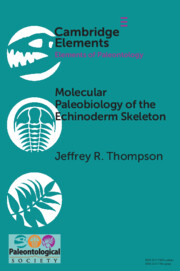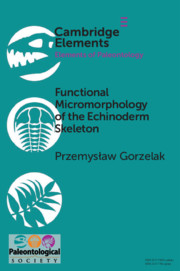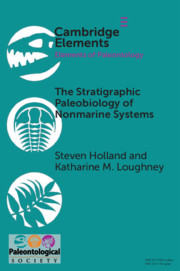Molecular Paleobiology of the Echinoderm Skeleton
The echinoderms are an ideal group to understand evolution from a holistic, interdisciplinary framework. The genetic regulatory networks underpinning development in echinoderms are some of the best known for any model group. Additionally, the echinoderms have an excellent fossil record, elucidating in in detail the evolutionary changes underpinning morphological evolution. In this Element, the echinoderms are discussed as a model group for molecular palaeobiological studies, integrating what is known of their development, genomes, and fossil record. Together, these insights shed light on the molecular and morphological evolution underpinning the vast biodiversity of echinoderms, and the animal kingdom more generally.
Product details
November 2022Adobe eBook Reader
9781009189200
0 pages
This ISBN is for an eBook version which is distributed on our behalf by a third party.
Table of Contents
- 1. Introduction
- 2. The Echinoderm Skeleton in Development and Evolution
- 3. What is a Developmental Gene Regulatory Network?
- 4. The Echinoderm Skeletogenic Gene Regulatory Network
- 5. Evolution of the Echinoderm Skeleton
- 6. Open Questions and Future Directions for Echinoderm Molecular Paleobiology
- 7. Concluding Thoughts
- Glossary
- References.




